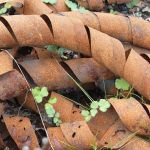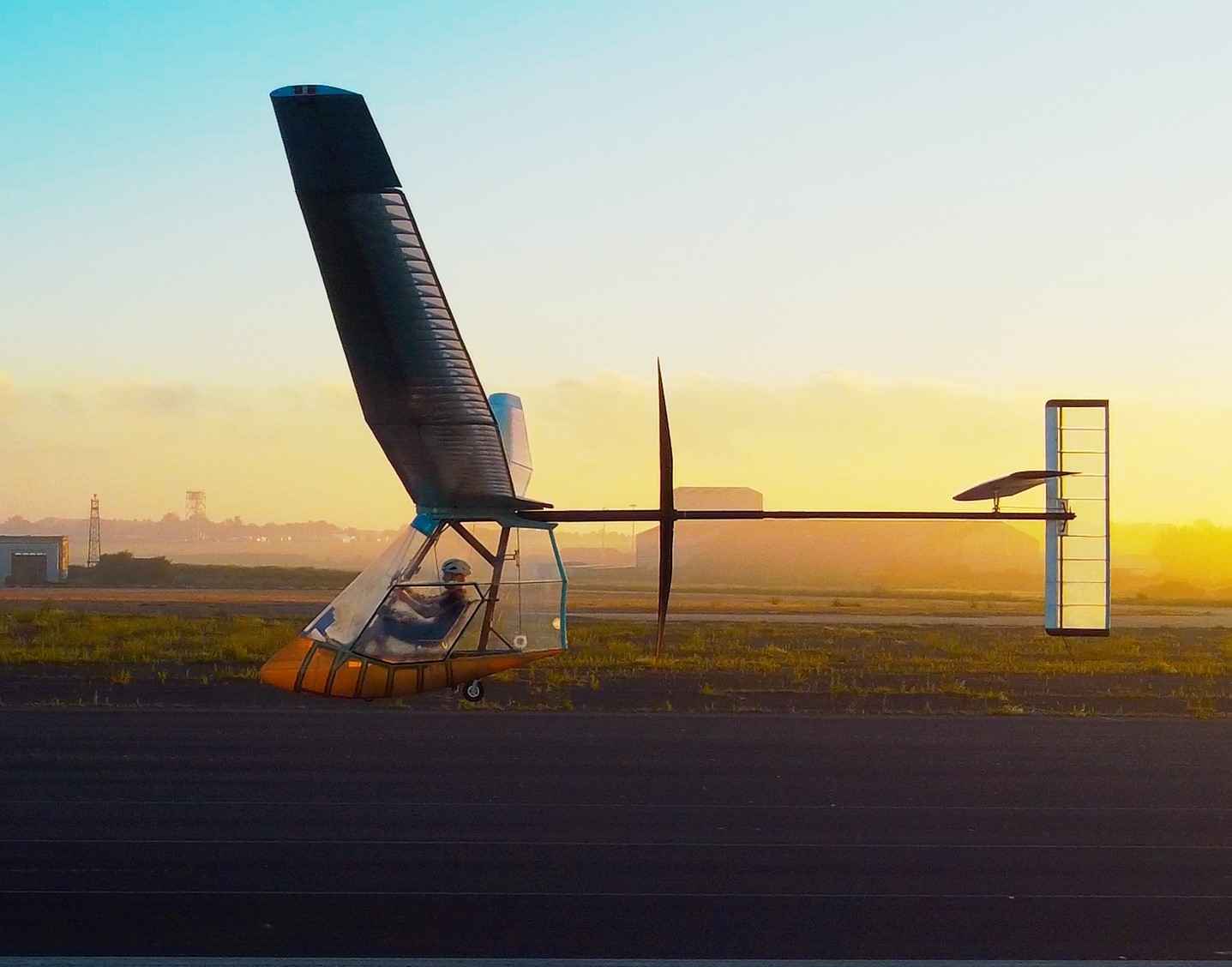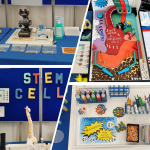Preview

Metal circular economy: Turning metal waste into bespoke products
We all use things with metals in them - from cars to laptops to tins of food - and machining the metal parts creates waste or 'swarf'. What if we could turn that waste into something useful - into more metal parts? Not only would it reduce waste but it would save money, save resources, and help save the environment!
The good news is...we CAN do this!
It's called a metal 'circular economy' and we'd love to show you how it works. Join Dr. Dikai Guan and other researchers to learn all about the exciting stories about...
1. How do we work with industry partners to make ideas come true?
2. How do we use cutting-edge manufacturing techniques to turn metal waste into bespoke products?
3. How can we use advanced electron microscopy techniques to look into what are inside the materials?
4. How does our research contributes to a sustainable society?
The good news is...we CAN do this!
It's called a metal 'circular economy' and we'd love to show you how it works. Join Dr. Dikai Guan and other researchers to learn all about the exciting stories about...
1. How do we work with industry partners to make ideas come true?
2. How do we use cutting-edge manufacturing techniques to turn metal waste into bespoke products?
3. How can we use advanced electron microscopy techniques to look into what are inside the materials?
4. How does our research contributes to a sustainable society?
You may also like

Southampton University Human Powered Aircraft Display
Be amazed by one of three flying Human Powered Aircraft in the UK, an aircraft powered entirely by the pilot's cycling! See and learn the secrets of one of the rarest types of a ...Read More
Boldrewood Innovation Campus

Bonkers Biomaterials for bones and bacteria
Bones are very important in the body as they help provide structure, allow us to move, and protect our vital organs such as the brain, heart, & lungs. Bones are also incredibly str ...Read More
Highfield Campus
 - v2.jpg)
